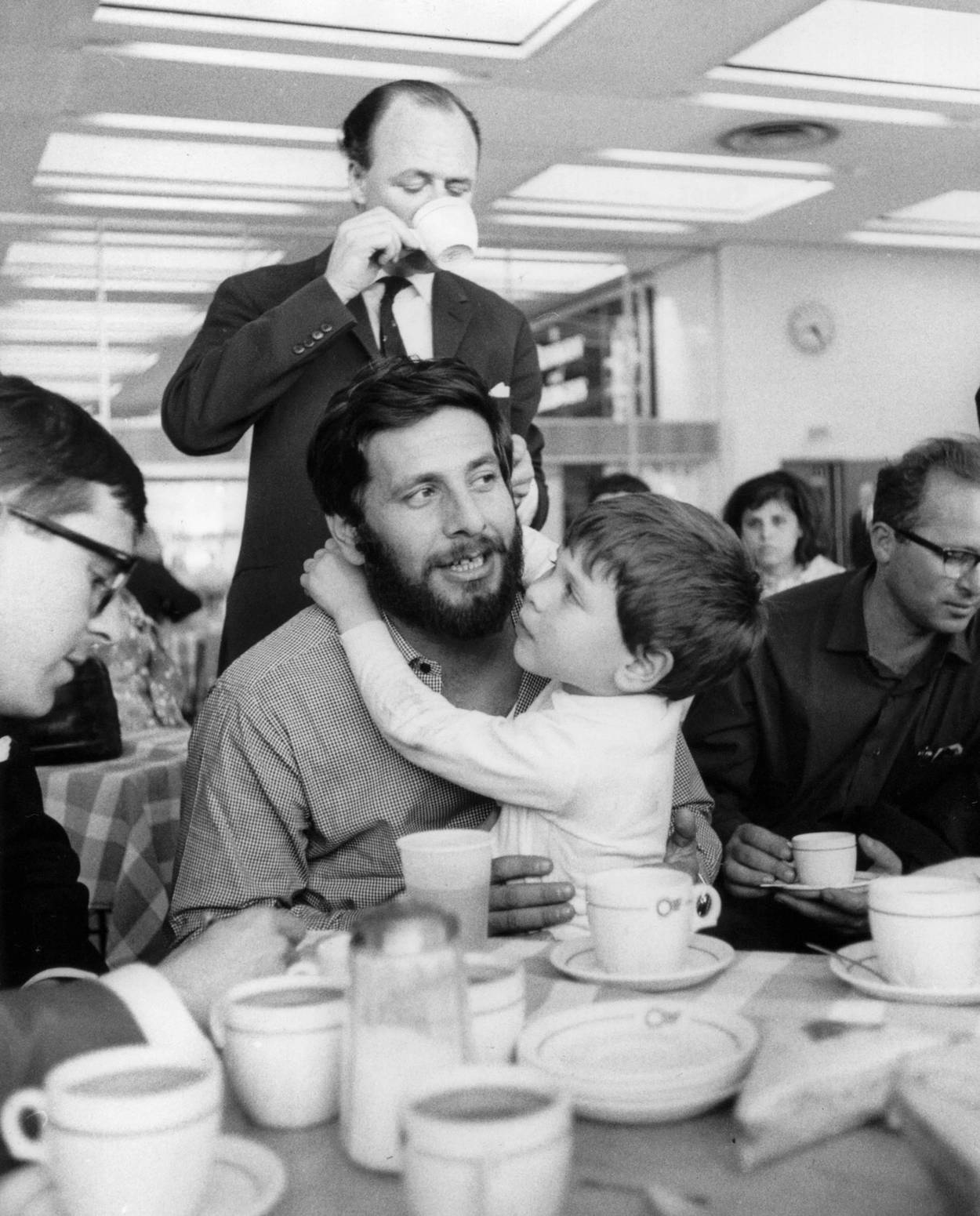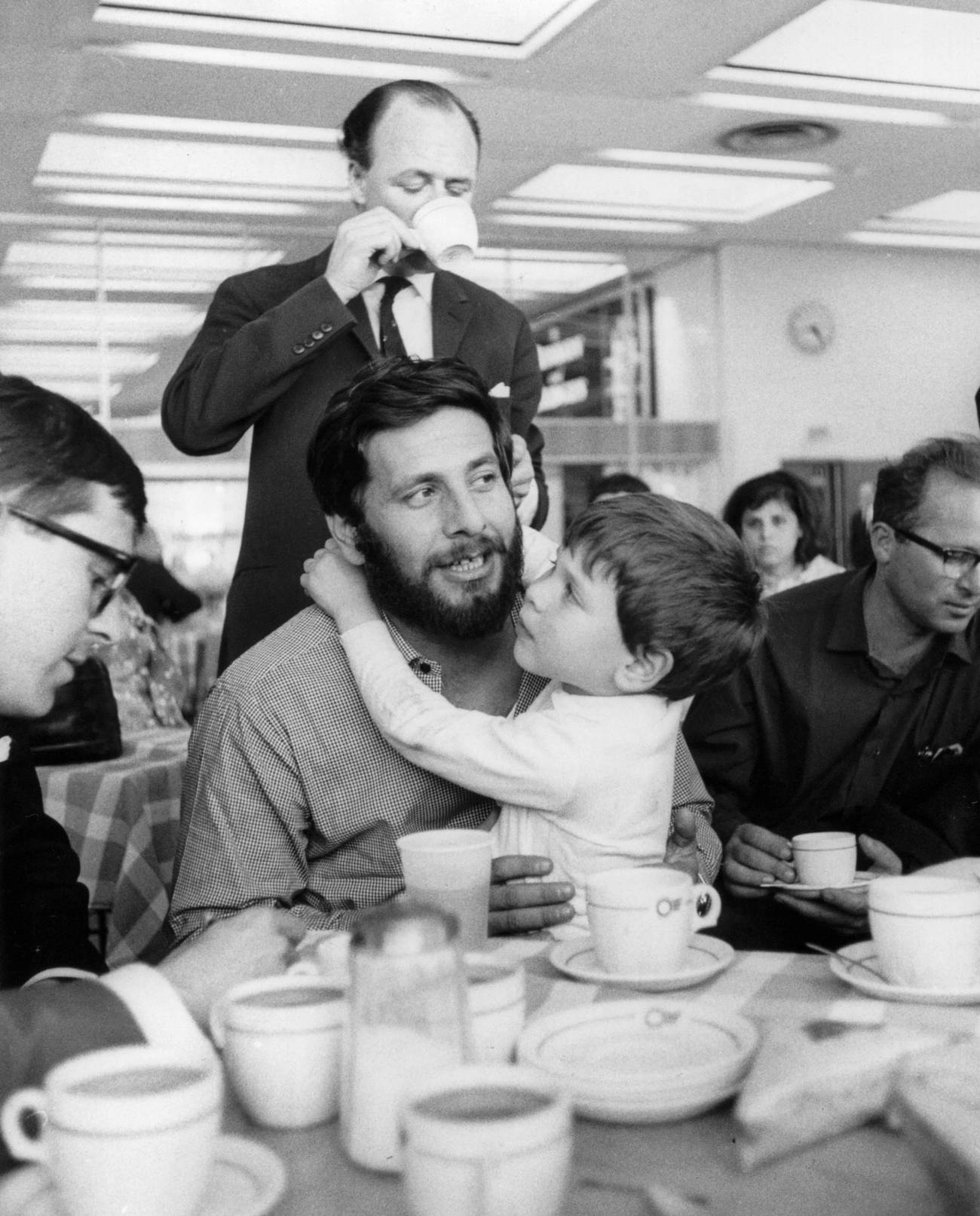The Fiddler in a Desert War
When Chaim Topol died this past March, few mentioned one of the actor’s most impressive achievements

©JRC/The Hollywood Archive

©JRC/The Hollywood Archive

©JRC/The Hollywood Archive

©JRC/The Hollywood Archive
In 1967 I was working for oil consultants in London and knew there would be a war. When the shooting started on June 5, 1967, I was in the Upper Galilee as a welcome guest of the very undermanned local defense of Kfar Blum, headed by a red-haired ex-Canadian lieutenant colonel no less, kept from more glorious service by a severe heart condition.
In 1973 I was caught by surprise because I too believed that Sadat would not start a war he was bound to lose, lacking the imagination to consider the possibility that Sadat would invade Israel to kick diplomacy into action, even if he did lose.
So I was in Washington, D.C., when the news came on Oct. 6, 1973, and it was not until Oct. 10 that I reached Lod airport via London, Rome, and Athens, with the last leg flown on El Al after other airlines had prudently canceled their flights.
Having remained in Israel till 1972 as a contractor for Major-General Aharon Yariv, the celebrated head of Israel’s military Intelligence, it was to him that I turned to find somewhere I could do something useful. At that point Yariv was a newly retired reservist just recalled to assist the chief of staff, but he found the time to locate a cooperating lieutenant colonel in a mechanized infantry battalion in Sinai, and sent me there with a Plymouth sedan staff car, telling me that they would have a helmet and weapon waiting for me.
I stretched out on the back seat and was trying to sleep, but on top of the intense traffic noises—we kept passing heavy trucks—the driver periodically added his humming. Considering the circumstances—Israel had just suffered a very severe defeat when its tanks rushed headlong into an abundance of Egyptian antitank missiles—the humming was all the more jarring for being decidedly cheerful. I had scarcely looked at the driver before getting into the back seat, and did not recognize his voice either.
It was not until the driver offered a ride to a hitchhiking young soldier that I discovered who my driver was. Chaim Topol! He shouted. You are Chaim Topol! It was only then that I realized that my driver was the famous actor and singer who had become The Fiddler on the Roof’s emblematic Teyve for all time after starring in Hollywood’s celebrated blockbuster adaptation only two years earlier. You are Chaim Topol!
After that there must have been some talk but I recall none of it except for Topol’s very matter-of fact remark that he could not sing on a stage while Israel was fighting a hard war.
The low-slung Plymouth could not drive far enough into Sinai to the Bir Gafgafa airstrip where I was to find the battalion, but when dropped off I found a ride in a half-track full of cheerful old timers who were so congenial that I simply stayed with them all the way to the Fayid air base. When Topol died, I expected to find some mention in the obituaries of his abandonment of the Fiddler to do his part for the war, but found none.
Edward N. Luttwak is a contractual strategic consultant for the U.S. government and an author.